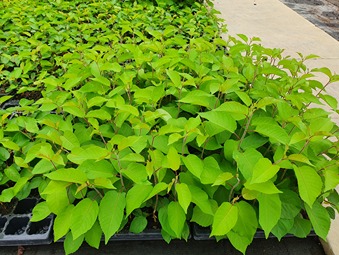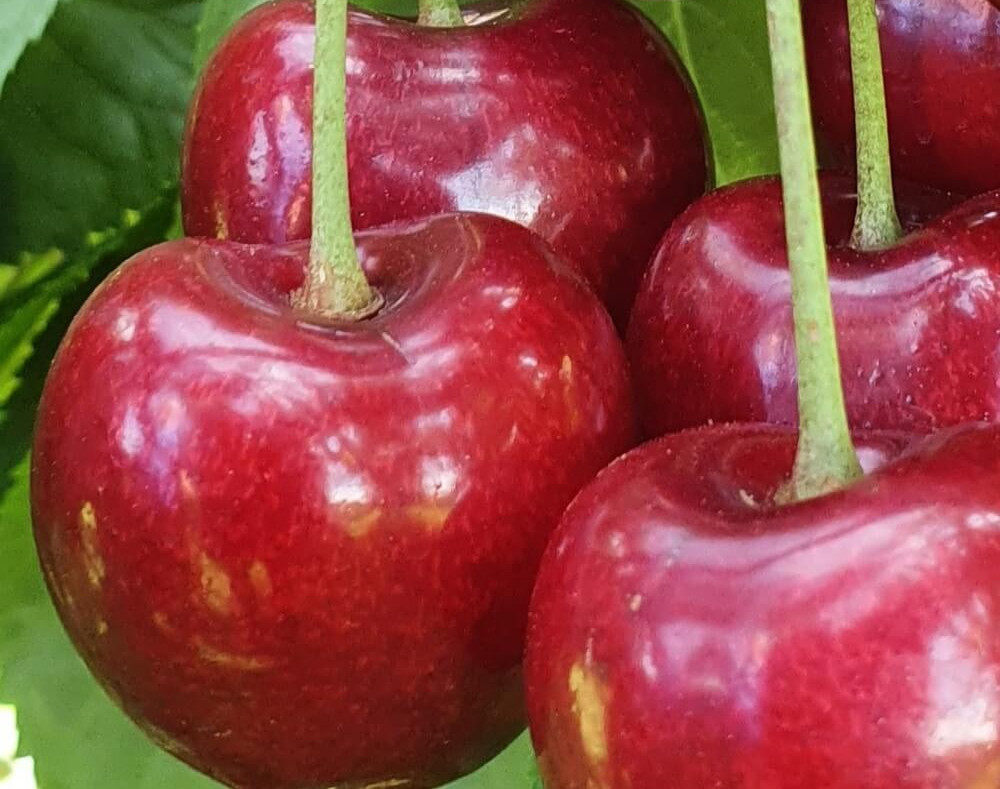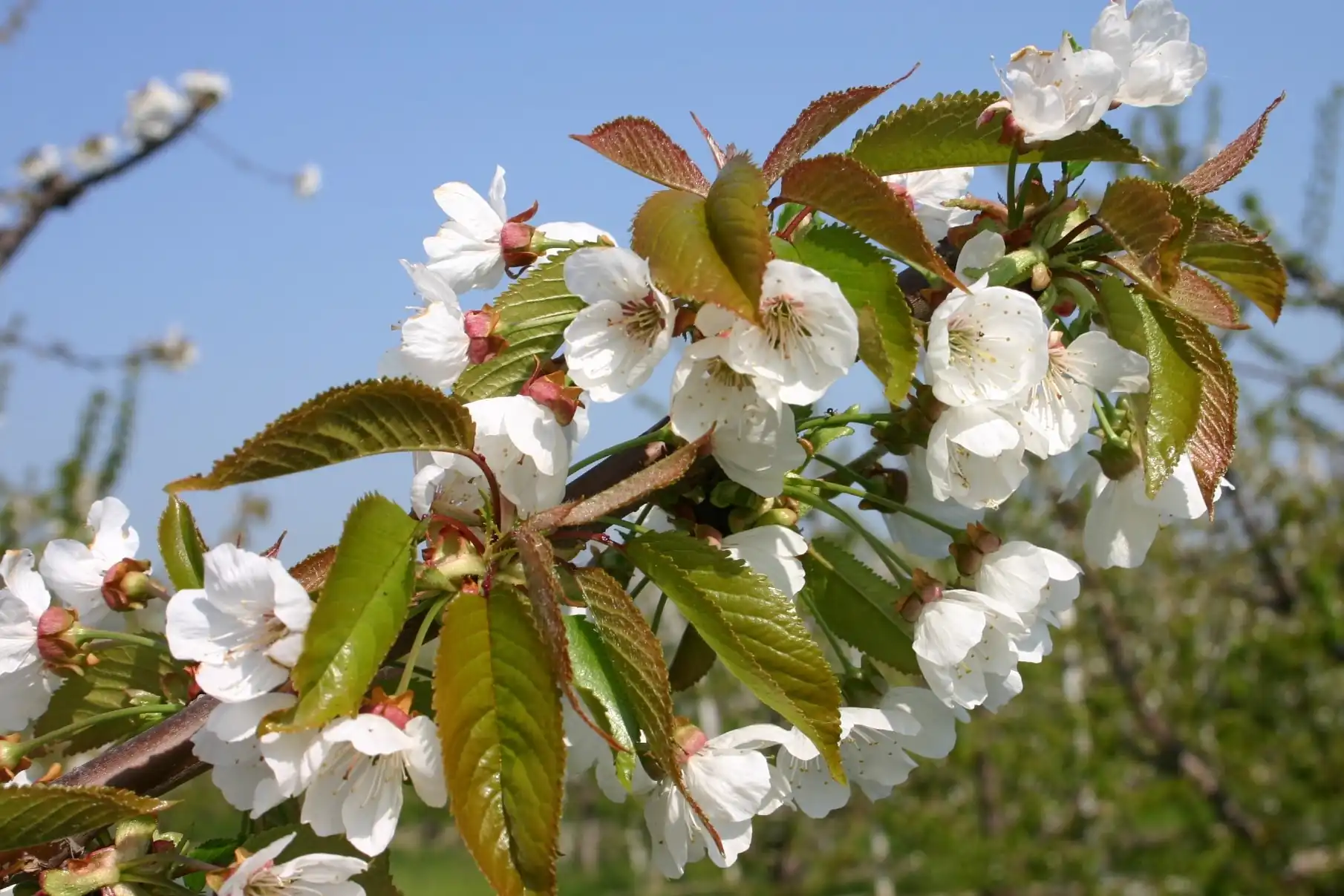Graft compatibility is a crucial attribute in fruit tree cultivation, including sweet cherry trees. The problem of graft incompatibility primarily arises from genetic differences between scion and rootstock, leading to a low grafts success rate and, consequently, compromised tree health.
To delve deeper into these aspects, a recent study conducted by Iranian researchers evaluated the predictions of graft compatibility or incompatibility in sweet cherry trees by internode association and callus fusion techniques. The aim of the study was to identify reliable markers for incompatibility early detection, thereby improving the efficiency and success rate of grafts in sweet cherry.
The study assessed four sweet cherry cultivars ("Bing," "Takdaneh," "Siyah Mashhad," and "Adli") grafted onto four different rootstocks ("Gisela 5," "Gisela 6," "Mahaleb" (M-168), and "GF 305"). In the internode association experiment, the success rate of grafts, phenolic content, peroxidase activity, and starch accumulation at the graft union, were measured. The callus fusion experiment, on the other hand, focused on the compatibility of callus formation between rootstock and scion.
The results showed significant differences in graft success rates, phenolic content, and peroxidase activity among the different rootstock-cultivar combinations. Specifically, the rootstock "GF 305," known to be incompatible, exhibited the lowest graft success rate across all tested cultivars, while "Gisela 6" showed the highest success rate, particularly with the "Siyah Mashhad" and "Bing" cultivars.

The study found a strong correlation between graft success rates and the biochemical markers analyzed. In cases of graft incompatibility, an increase in total phenolic content and peroxidase activity was observed, while starch content did not exhibit a consistent trend.
The findings suggest that phenolic compounds and peroxidase activity can serve as early indicators of graft incompatibility in sweet cherry. The increase in these biochemical markers is correlated with a decrease in graft success, making them reliable for preventive screening.
Furthermore, the callus fusion technique was highlighted as a quick and effective method for predicting graft compatibility. This technique involves observing the fusion and growth of callus tissues from the scion and rootstock; compatible grafts show successful fusion, while incompatible ones do not.
In conclusion, the study provides useful insights into the biochemical mechanisms underlying graft compatibility in sweet cherry and offers practical tools for improving graft success. By using phenolic content and peroxidase activity as markers, along with the callus fusion technique, pre-screenings can be conducted to more accurately predict graft compatibility or incompatibility.
This approach can improve the production efficiency of sweet cherry trees, and at the same time, contributing to a better understanding of graft incompatibility in fruit trees.
Source: Jalali, A., Moghaddam, E.G. & Marjani, A. (2024). Early detection of graft incompatibility in sweet cherry by internode association and callus fusion techniques. Plant Cell Tiss Organ Cult 156, 47. https://doi.org/10.1007/s11240-023-02663-8.
Image: SL Fruit Service
Andrea Giovannini
Università di Bologna (IT)
Cherry Times - Tutti i diritti riservati











